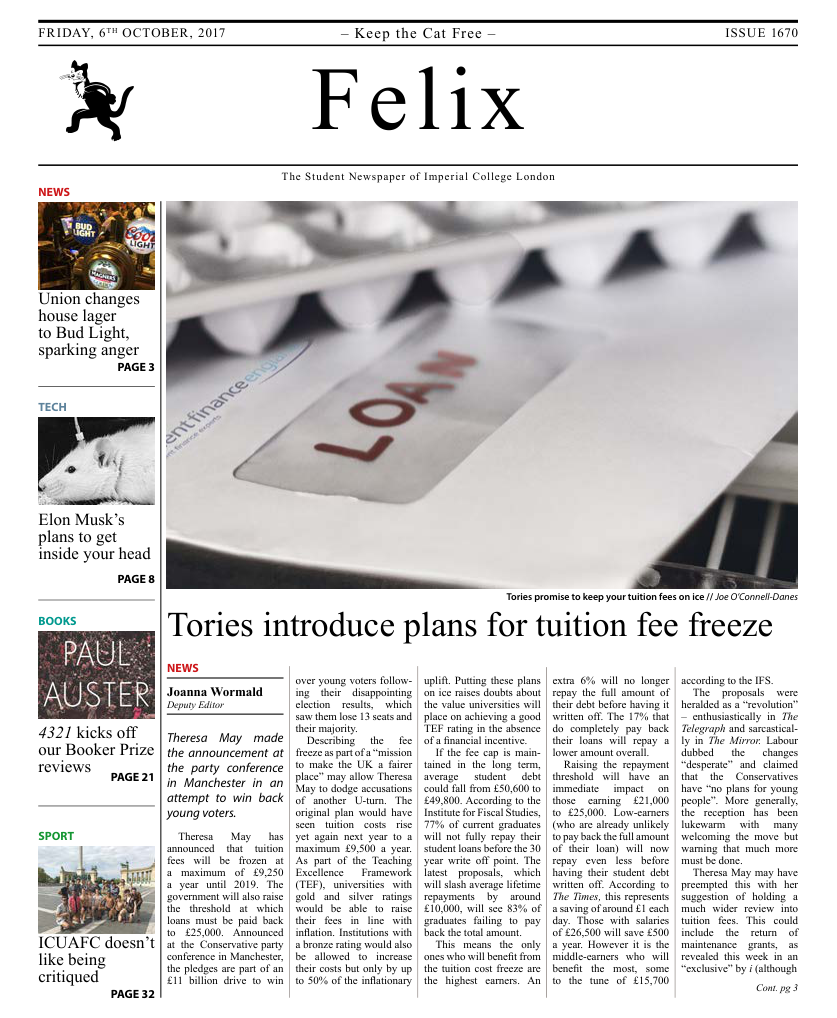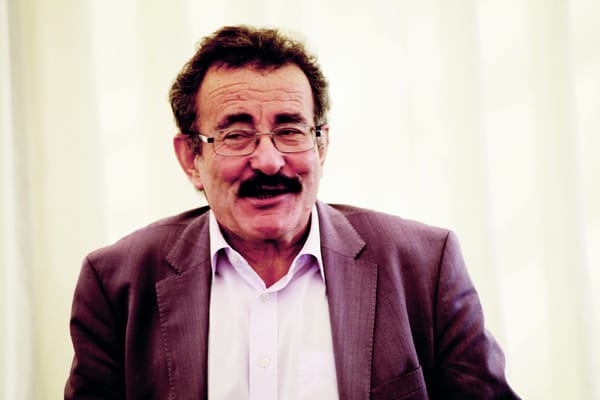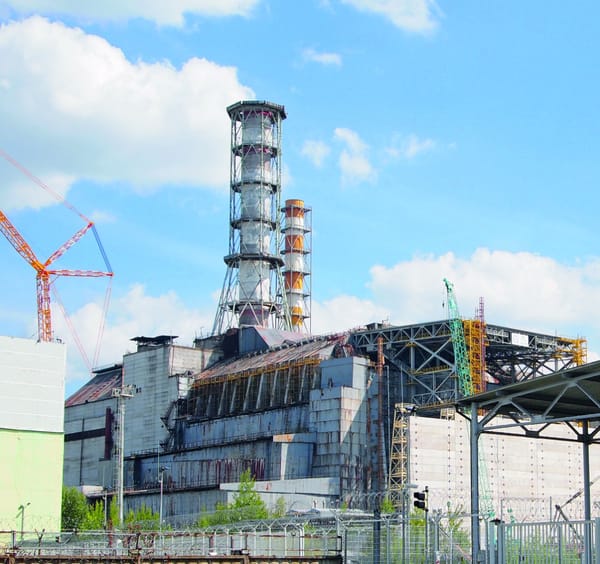Hopping to the stars and beyond
How the Australian government plans to reach out to the great beyond with its first space agency
Known for everlasting stretches of desert and a monopoly on marsupials, Australia is not a country commonly affiliated with the space above us. But this is set to change in 2018: the Australian government have announced the country will launch a national space agency, bringing them in line with other countries like Canada (and importantly New Zealand).
The government said the development of a national agency will assist Australian efforts in the global $330 billion space industry, and hopes the move will focus the country’s economy on innovation and science activities. But it has said little else.
With no budget or specific aims the agency’s announcement seems a little premature. This is not to say, though, that they aren’t involved in the world of space-related sciences. Australia rapidly jumped on the satellite bandwagon back in 1967 and images of astronaut Neil Armstrong’s first steps on the moon were transmitted by NASA’s Honeysuckle Creek tracking station in Australia. Since then, however, governments have stalled at the prospect of creating a space agency because of the related cost.
“Australia jumped on the satellite bandwagon back in 1967, but the they have since stalled at the prospect of a space agency”
Prime Minister Malcolm Turnbull confirmed the agency would be “small”, though it is not yet clear how much money will be allocated. The government indicated the costing would be included in the 2018 federal Budget.
So, what exactly is a ‘space agency’? And why would a country that has had been happily without for half a century choose now to form one?
A space agency is an official organisation that brings space exploration and satellite technology under one branch of national government. As expected, of the 71 countries with space agencies, no two run theirs exactly the same, and each have slightly differing priorities.
Australia currently relies on data collated by other countries’ satellites. This includes data used for security and surveillance purposes. Under a national agency ,the 11,500 people working in the space industry would be able to record their own data and Australia would have more control over the information collected. Starting up the agency will not be an easy or cheap task. However there is clearly space for improvement.









